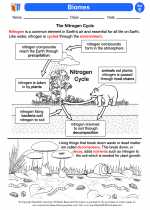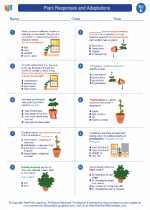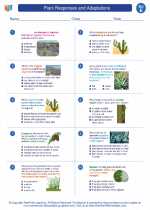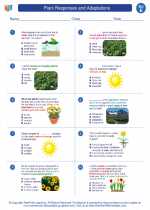Synthetic Materials
Synthetic materials are human-made substances created through chemical reactions. These materials are designed to mimic the properties of natural materials or to possess unique characteristics that are not found in nature.
Types of Synthetic Materials
There are several types of synthetic materials, including:
- Plastics: These are polymers derived from petrochemicals and are widely used in manufacturing for their versatility and durability.
- Synthetic Fibers: Materials such as polyester, nylon, and spandex are created to be used in textiles and clothing.
- Composite Materials: These are made by combining two or more materials to create a new material with enhanced properties, such as carbon fiber reinforced polymers.
- Synthetic Rubber: Rubber-like materials can be synthesized to have specific properties for various applications.
- Artificial Fuels: Substitutes for natural fuels, such as biodiesel and synthetic gasoline, can be created through chemical processes.
Advantages of Synthetic Materials
Synthetic materials offer several advantages over natural materials, including:
- Greater durability and resistance to wear and tear
- Customizable properties to suit specific needs
- Reduced dependence on limited natural resources
- Lower cost of production
- Can be engineered for specific applications
Environmental Impact
While synthetic materials offer many benefits, they also have environmental implications. Some synthetic materials take a long time to degrade and can contribute to pollution if not properly disposed of. Additionally, the production of synthetic materials often involves the use of non-renewable resources and can generate waste and emissions.
Study Guide
When studying synthetic materials, consider the following topics:
- The chemical processes involved in creating synthetic materials
- The properties and uses of different types of synthetic materials
- The environmental impact of synthetic materials and potential solutions
- The role of synthetic materials in various industries, such as construction, fashion, and transportation
- The future of synthetic materials and ongoing research in the field
◂Science Worksheets and Study Guides Fifth Grade. Plant Responses and Adaptations

 Activity Lesson
Activity Lesson
 Worksheet/Answer key
Worksheet/Answer key
 Worksheet/Answer key
Worksheet/Answer key
 Worksheet/Answer key
Worksheet/Answer key
 Vocabulary/Answer key
Vocabulary/Answer key
 Vocabulary/Answer key
Vocabulary/Answer key
